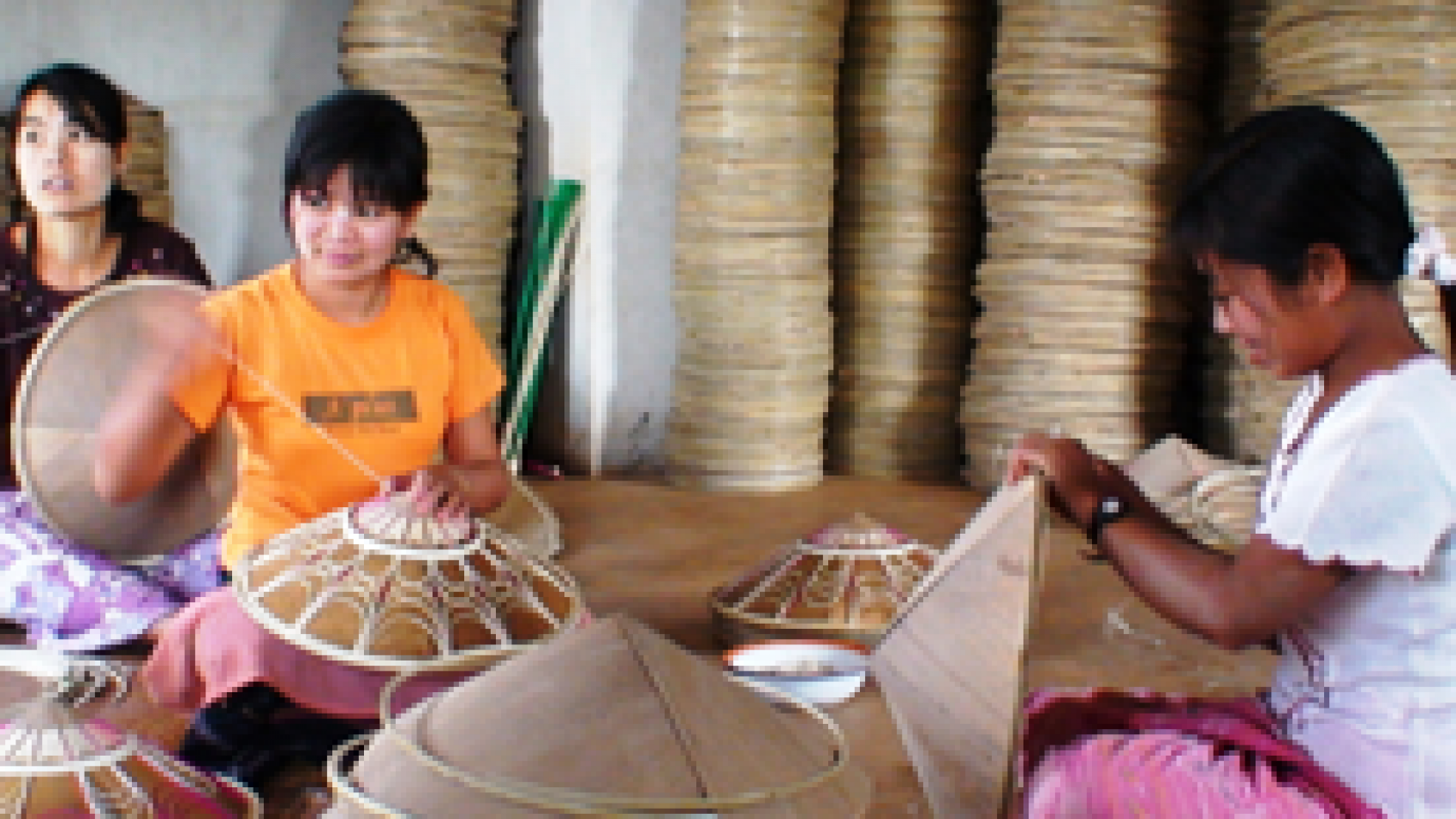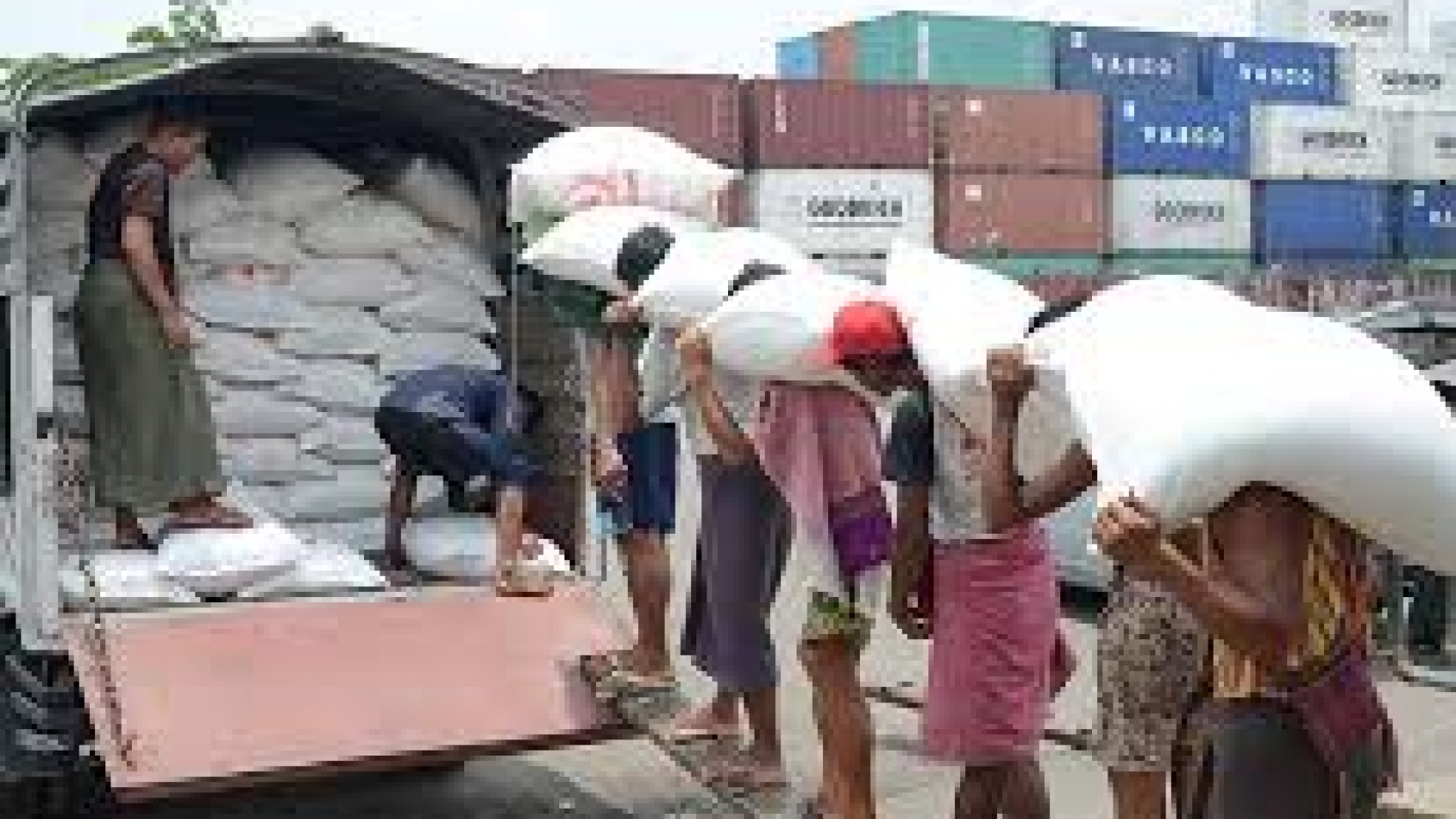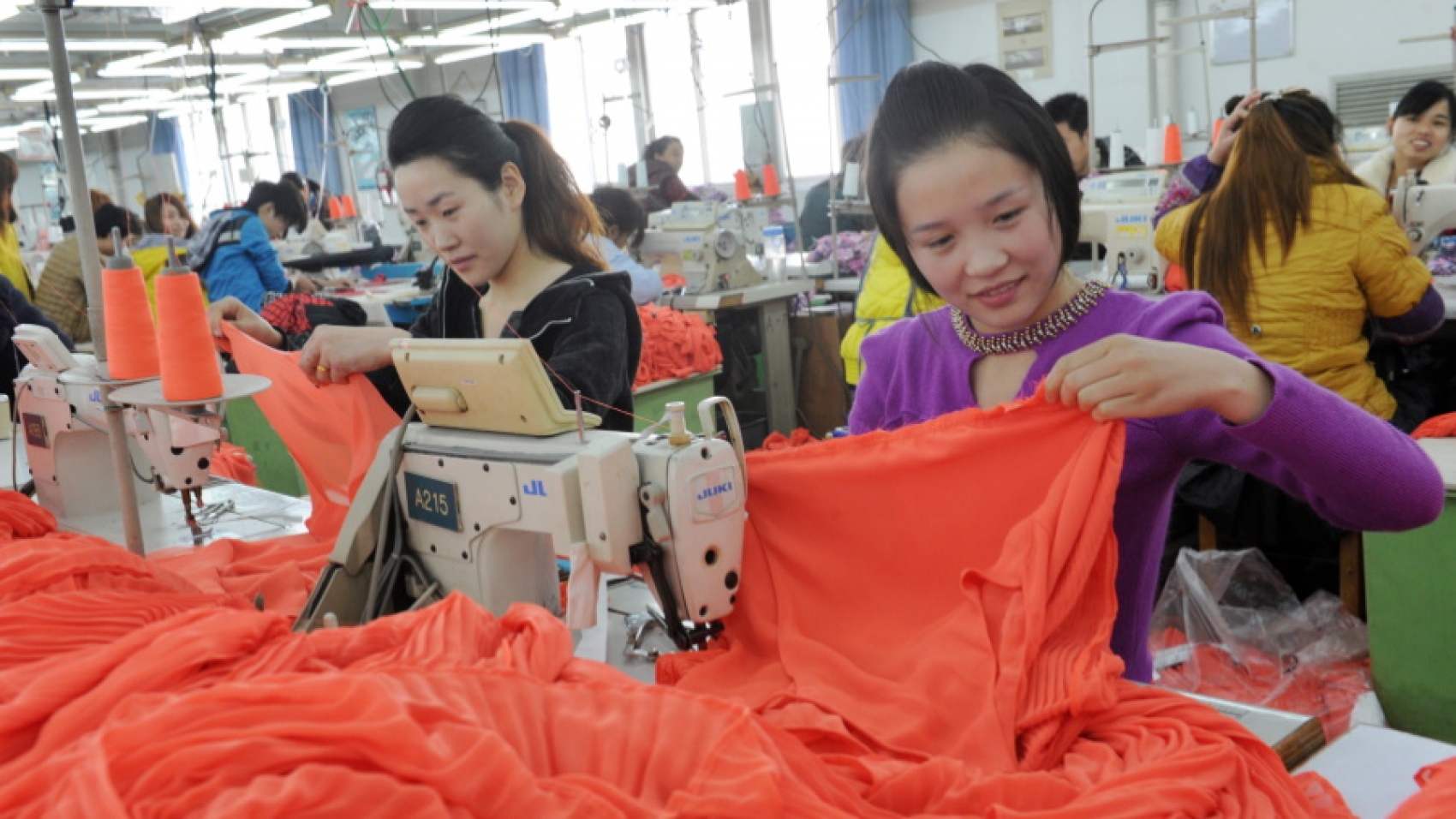The 15 members of the RCEP will have more business opportunities, and Myanmar’s small and medium enterprises will be able to connect to the global manufacturing network, according to the Ministry of Investment and Foreign Trade. Than Aung Kyaw, Director-General of the Department of Foreign Economic Relations said. The Regional Comprehensive Economic Partnership (RCEP) is for the 10 ASEAN members and its six dialogue partners: China, Japan Korea India It is a free trade agreement between Australia and New Zealand. The agreement, which includes developed countries, will provide better trade and investment opportunities for Myanmar’s exports as it seeks to revive Myanmar’s economy beyond COVID-19.
According to state-run newspapers, the technology and assistance required for the transition to a technology-based digital economy, especially in the post-COVID-19 period, will be available in accordance with the terms of the Economic and Technological Cooperation Chapter of the Convention. The RCEP is comprised of 10 ASEAN member states and six dialogue partners: Australia, China, India, Japan, South Korea and New Zealand are negotiating a Regional Comprehensive Economic Partnership (RCEP) agreement, which began in 2013. RCEP accounts for almost half of the world’s population, accounting for 42.2% of the global economy; It is expected to become one of the world’s largest trade groups, accounting for 29.1 percent of world trade and 32.5 percent of global foreign investment.
According to the Ministry of Investment and Foreign Trade, Myanmar’s participation in the RCEP will increase Myanmar’s exports to a market that accounts for about half of the world’s population with duty-free access. The RCEP is intended to be a more modern, comprehensive, high-quality and mutually beneficial free trade agreement than the current ASEAN Free Trade Agreement. Myanmar’s participation in the Regional Comprehensive Economic Partnership (RCEP) will provide opportunities for Myanmar’s exports to more than half of the world’s population with duty-free access, and the agreement will also increase investment from signatories to Myanmar.
Source: Daily Eleven




